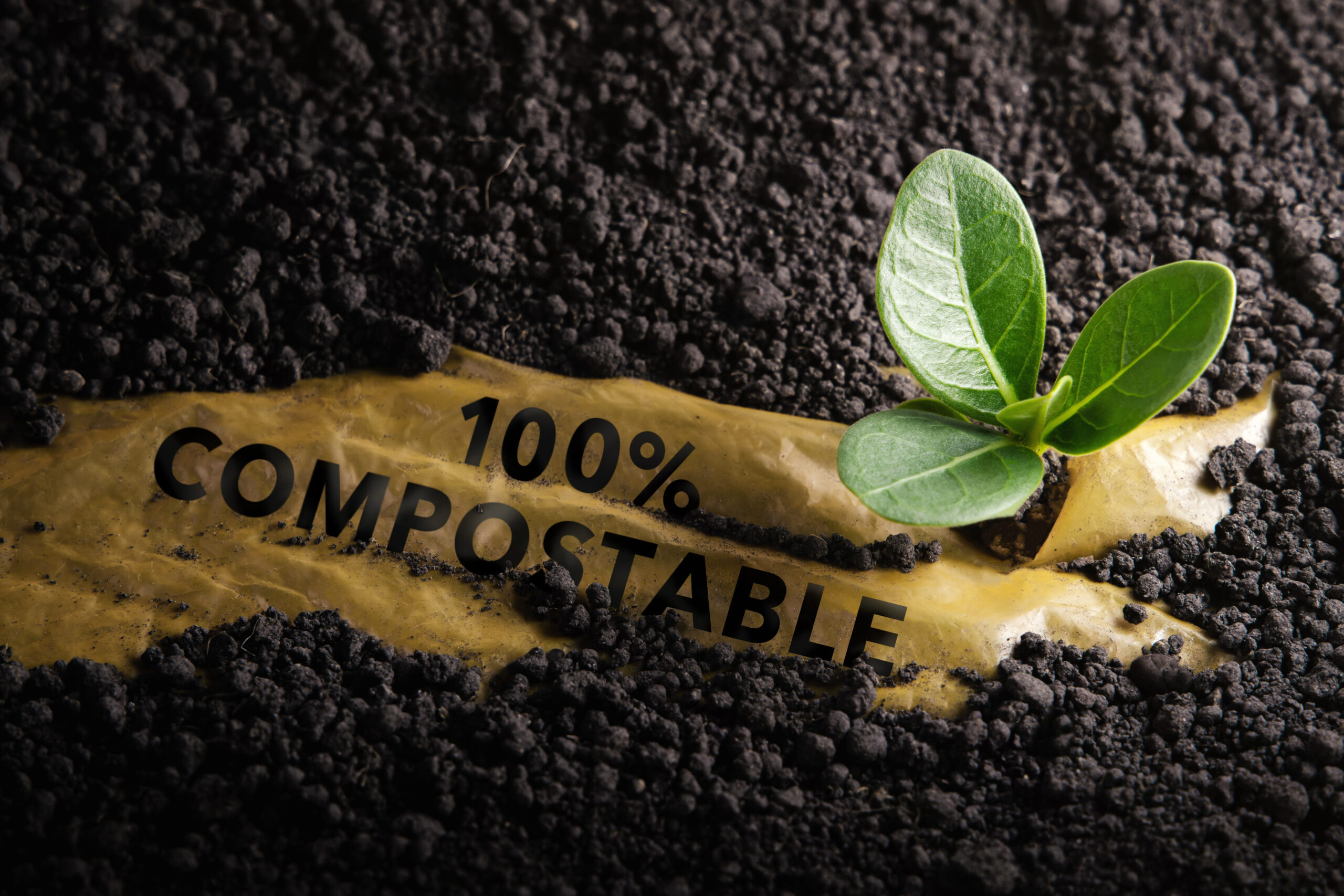
In the quest for a greener planet, the terms ‘compostable’ and ‘biodegradable’ often surface, especially when discussing eco-friendly products. While they sound similar, there are significant differences between the two. Understanding these distinctions is crucial for making informed choices that align with your sustainability goals.
What are Biodegradable Products?
Biodegradable products are those that can be broken down naturally by microorganisms such as bacteria and fungi. The process of biodegradation involves these microorganisms consuming and decomposing the materials. Importantly, there is no specific time frame within which these products must degrade. A biodegradable product can take anywhere from a few weeks to several years to fully decompose, depending on factors like material composition and environmental conditions.
What are Compostable Products?
Compostable products go a step further. They not only break down but also transform into something beneficial – compost, a nutrient-rich soil conditioner. Compostable materials decompose within a specific time frame, typically within 90 to 180 days, under the right composting conditions. They require specific settings, such as a certain level of moisture and temperature, to fully break down. When composted properly, these products leave no toxic residue and contribute to the nutrient cycle, enhancing soil health.
Key Differences Between Compostable and Biodegradable Products
- Time Frame for Decomposition: Compostable products decompose within a set period under appropriate conditions, while biodegradable items do not have a fixed time frame.
- End Product: Compostable goods turn into humus, enriching the soil with nutrients. Biodegradable products simply break down into smaller pieces and might leave behind metal residues or other toxins.
- Environmental Impact: Compostable products, when disposed of correctly, have a positive impact on the environment, enriching soil quality. Biodegradable products might not always contribute positively to the environment, especially if they degrade in a non-eco-friendly manner.
- Certifications: Look for certifications like the CPCB (Central Pollution Control Board) certificate for compostable products in India.
- Ingredients: Unlock the Secret ingredients of Sustainable Compostable Materials with Our Guide!
Making the Right Choice
When choosing between compostable and biodegradable products, consider your disposal resources and environmental goals. Compostable products are ideal if you have access to industrial composting facilities or a home compost system. If not, biodegradable products are still a better choice over non-degradable options but be mindful of their varying decomposition rates and potential residue.
Conclusion
Both compostable and biodegradable products play a role in reducing the environmental impact of our consumption. By understanding their differences and making conscious choices, we can significantly contribute to a more sustainable future. Remember, every small choice can lead to a big change in preserving our planet.
Join Us
We invite you to join us on this journey. Together, let’s embrace a sustainable lifestyle and contribute to a cleaner, greener, and better world. Welcome to Biouva – where sustainability meets innovation.